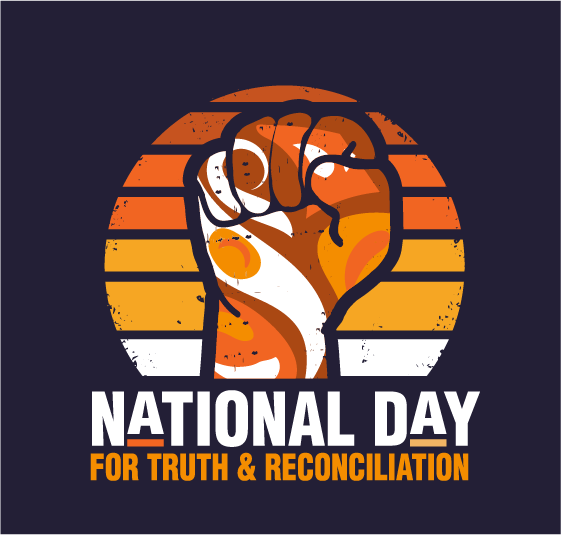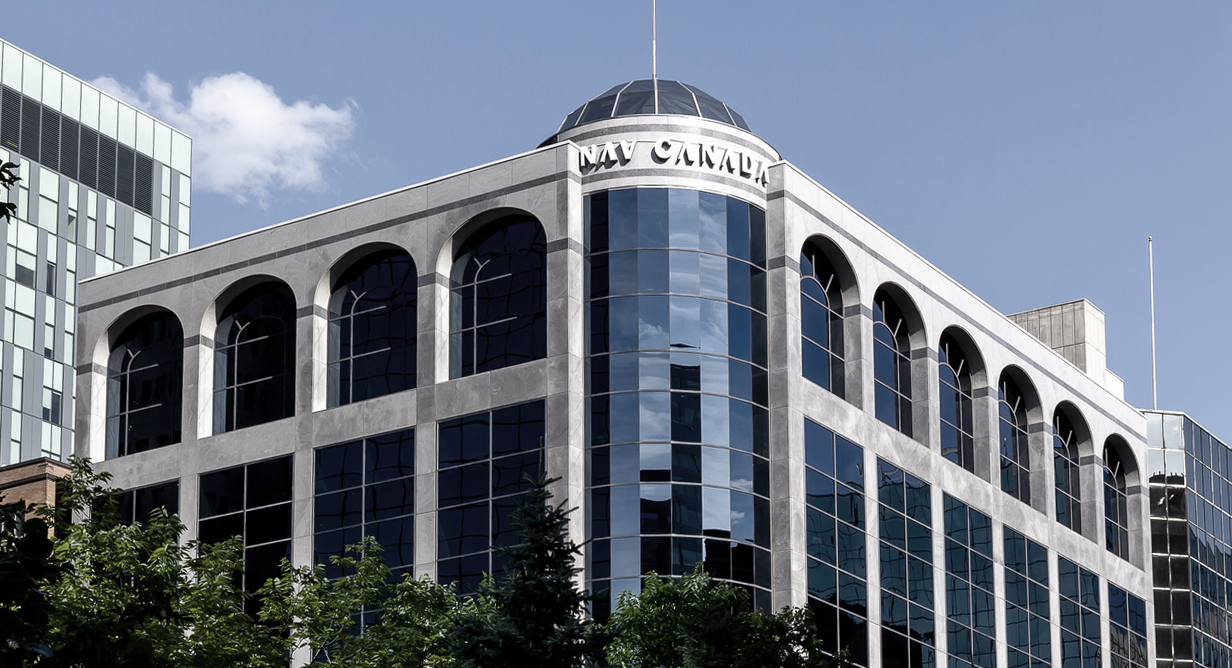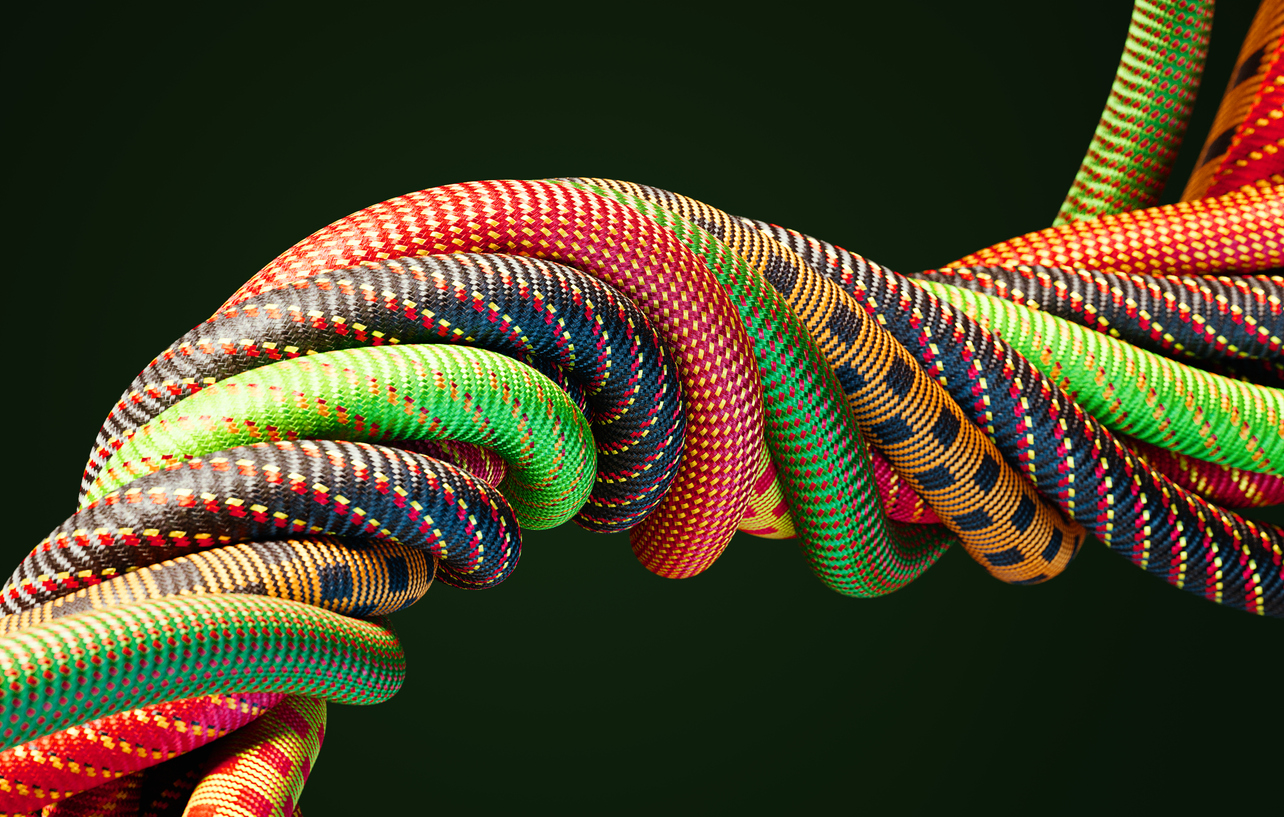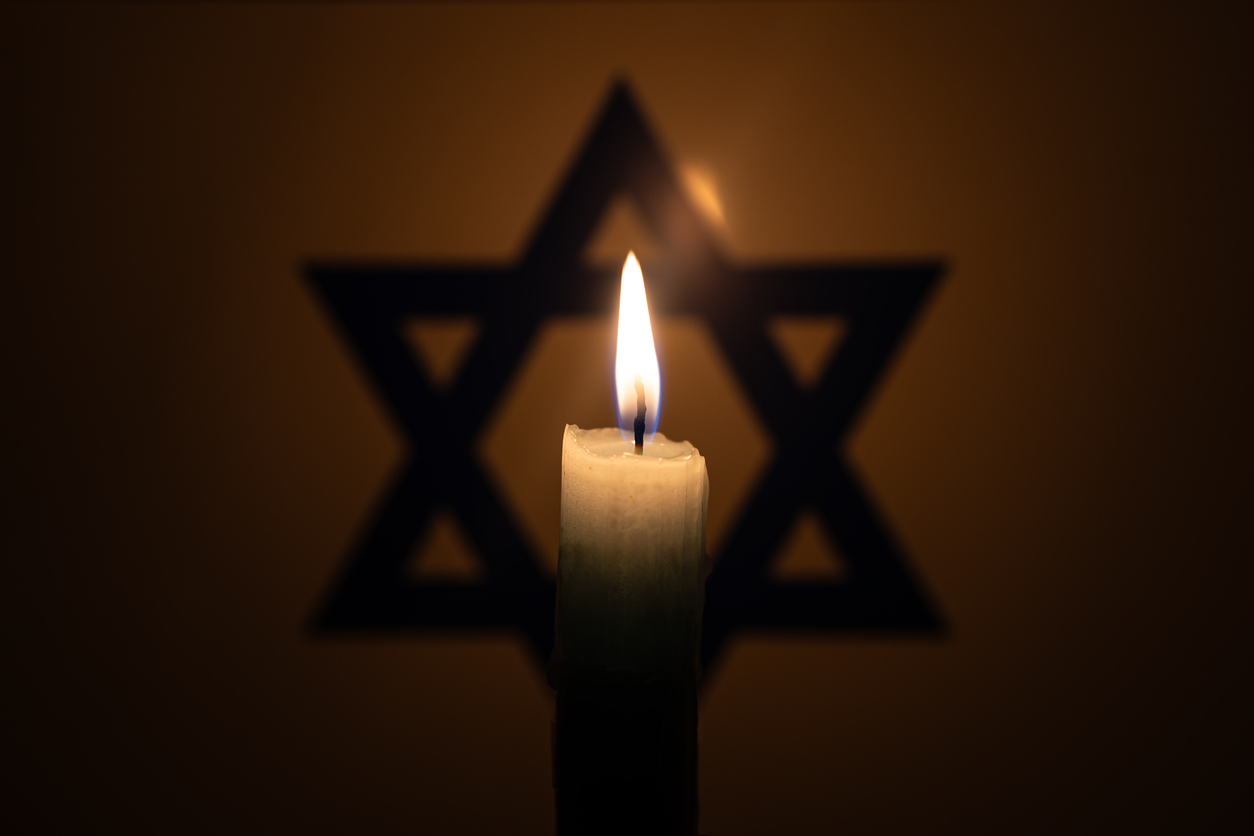We are more than ten years into the Truth and Reconciliation process, yet sometimes it feels like we are just beginning. It falls to all of us, whether Indigenous or not, to learn, unlearn, and act in better ways – a process that takes time and focus.
A National Day of Truth and Reconciliation on September 30 was recommended by the Truth and Reconciliation Commission (TRC) in 2015 and has been a national observance officially just since 2021. The preceding week has been developed into a time of education, solidarity, and transformation.
The relevant Call to Action asks us to use this day “to honour Survivors, their families, and communities, and ensure that public commemoration of the history and legacy of residential schools remains a vital component of the reconciliation process.”
Facing the Truth
The truths uncovered by the commission include many harsh realities. From 2007 to 2015 the Commission heard from residential school survivors and witnesses. The principle at work is that healing can only begin after an honest reckoning of past harms and their long-term effects.
Healing and Reconciliation
It has been another year of ups and downs in the process. On November 4, 2024, we lost the Honourable Murray Sinclair, whose leadership guided the Truth and Reconciliation Commission from 2009 until its final report in 2015.
We can remember him by honouring his words that “reconciliation is not an Indigenous problem. It is a Canadian one. It is one in which all Canadians are implicated.”
Also within the past year, the Manitoba government made progress searching the Prairie Green landfill for remains of murdered and missing indigenous women and girls, finding and identifying the remans of Morgan Harris and Marcedes Myran, murdered in 2022 by a now-convicted serial killer. Now a push is underway to search the Brady landfill, also near Winnipeg, for more remains.
It is an example of a difficult and ugly truth to face, but in confronting it, we can learn more about who we are, heal, and grow.
The TRC called on all of us, together, “to practice reconciliation in our everyday lives – within ourselves and our families, and in our communities, governments, places of worship, schools and workplaces. To do so constructively, Canadians must remain committed to the ongoing work of establishing and maintaining respectful relationships.”
This week the National Centre for Truth and Reconciliation is holding Lunch and Learn sessions each day at noon central time with interpretation provided for participants in English, French, and ASL, among other Truth and Reconciliation Week activities.
Another step we can take as activists is the Walking in our Truth Together course provided by PSAC covering several topics critical to reconciliation.
There are also opportunities to build solidarity in person through cultural events. On Parliament Hill in Ottawa, and in other locations across the country, we encourage members to join community events and gatherings in your area.
Wear orange. Learn, support, and reflect. This process can transform our society if we are open to confronting our history and committed to healing.



